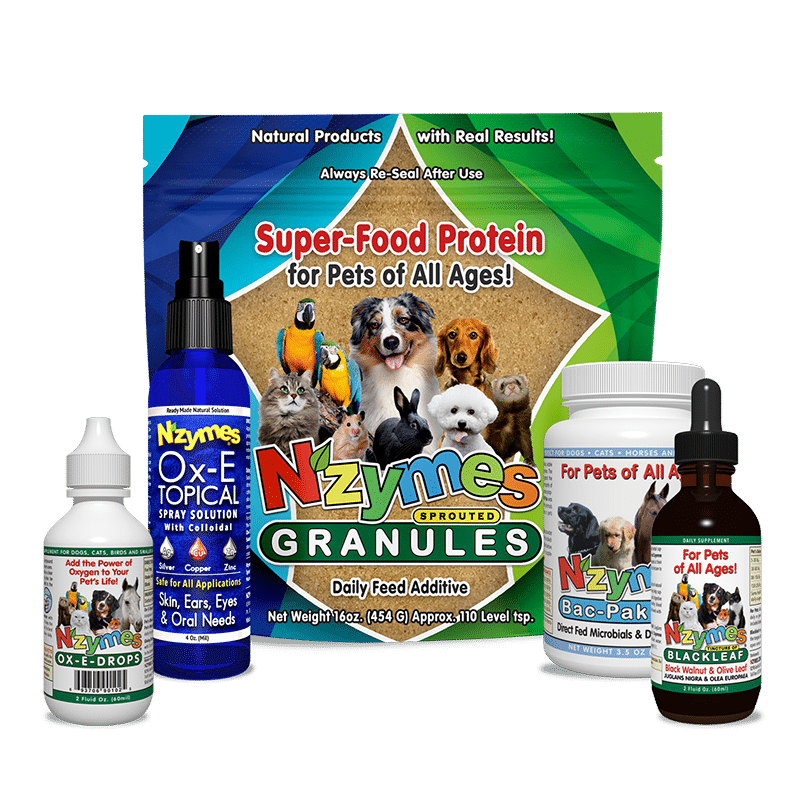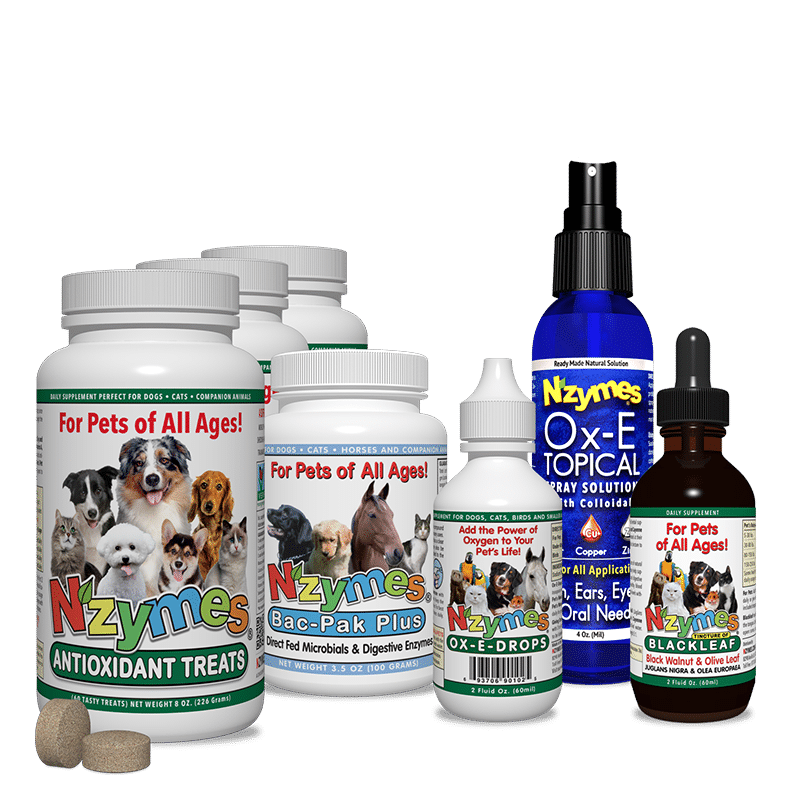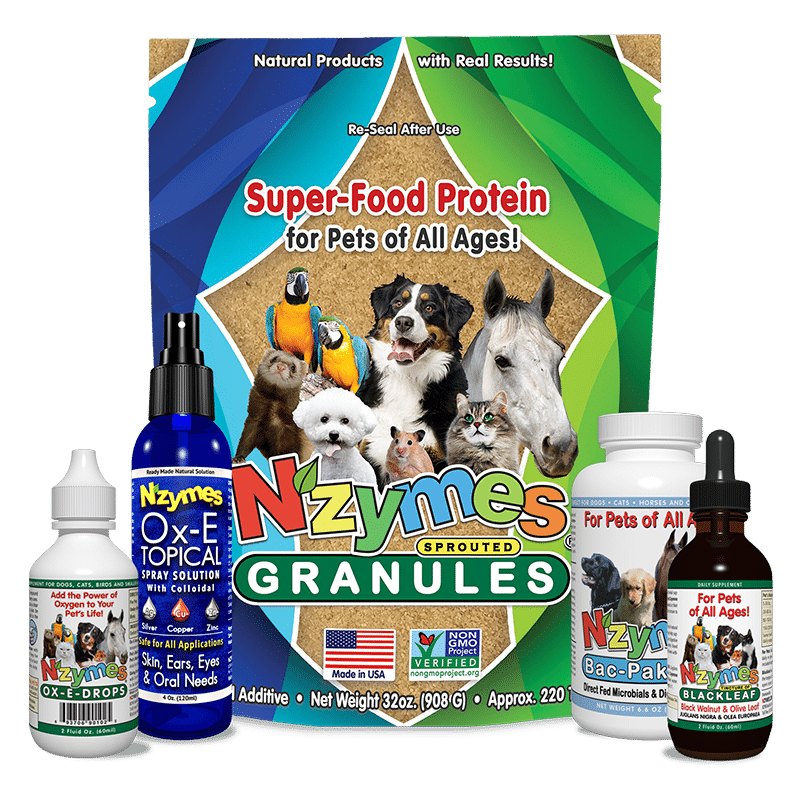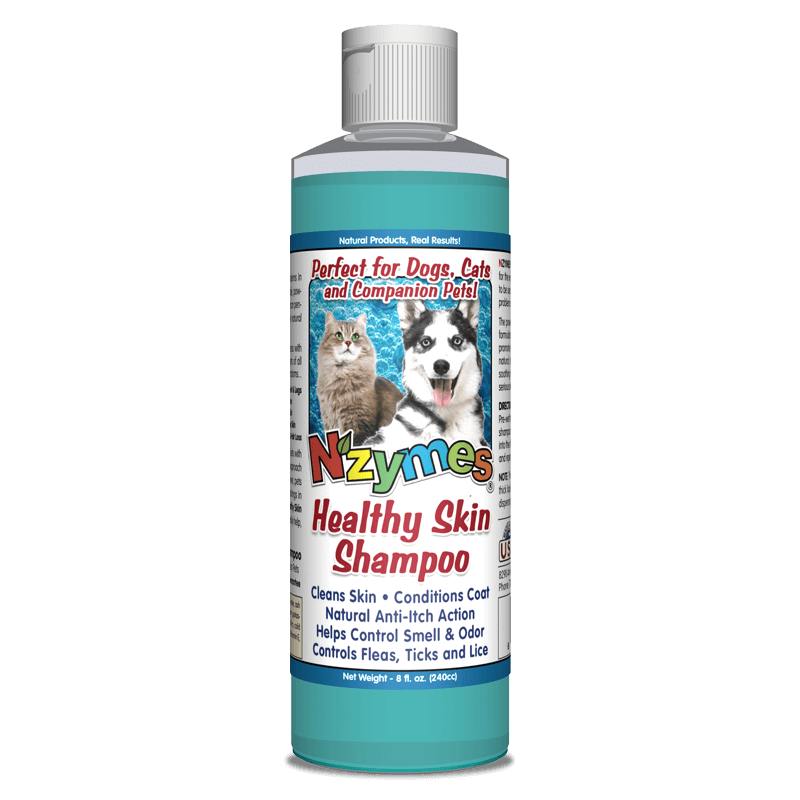The Dog Allergies Diagnosis vs. the ‘Allergy Symptoms’
How often do you stress over the pain and expense of your dog’s “allergies”? How much time do you spend getting more medications and allergy shots from the vet for your fur-baby? And how often do you ask yourself, “Why isn’t this problem going away?”
Food For Thought
Let’s just say that your dog DOES have dog allergy symptoms. The allergy tests were run and they conclude that your dog is allergic to A, B or C foods/substances. Following your vet’s recommendations, you go out and purchase specialty foods (probably a ‘low allergen pet food’), making sure to avoid all of the suspect ingredients of A, B & C. Perhaps the test results indicate that your dog had a reaction to the more common proteins found in pet foods like Chicken, Beef, Lamb or Pork. So you are guided to use foods with more rare forms of protein like Venison, Buffalo, Rabbit or Kangaroo. If the problem is indeed allergies then things should start improving rapidly. After all, you are no longer feeding the offensive foods, right? Why is it then that the problem still persists? Why would your dog continue to have allergic reactions when all of the allergens have been removed? Could the answer be…that your dog doesn’t really have allergies at all?

Now, let’s turn the tables. Let’s investigate the possibility that your pet may actually have a Systemic Yeast Infection, otherwise referred to as Candida yeast overgrowth (of the gut). Up to this point, it’s most likely that your dog has had rounds of Antibiotics and/or Steroids. These medications destroy friendly (protective) bacteria and suppress the immune system…which helps the symptoms temporarily but makes the problem (among others) worse. You are feeding a specialty food with a rare form of protein. These foods are rarely meat based and almost always offer a starchy form of carbohydrates like Potato, Sweet Potato, White Rice or Corn. The protein source is not the problem – the carbohydrate is! Yeast feeds on sugars and starches, causing it to expand and grow. These foods which are meant to “help” your dog, end up actually adding to the problem! Could the REAL reason that your dog is not improving be because you’re treating the wrong issue?
Once again, isn’t it starting to make sense that your pet doesn’t actually suffering with “allergies” (allergic reactions) at all?
The Answer Is – Yes
The purpose of this post is to demonstrate that Allergy tests can be completely skewed by the ‘actual’ problem, otherwise known as Leaky-Gut Syndrome; and, the tests are unreliable at best in determining the true nature of your dog’s problem. If your dog is plagued with symptoms like itching, biting, chewing, scratching, hair loss, blackening skin, odor, ear infections, eye infections, urinary tract infections, lethargy, etc; If he’s been on rounds of antibiotics, steroids or antihistamines; If you’re feeding specialty foods, and perhaps even getting allergy shots, YET the problem persists – I submit that you are dealing with a Systemic Yeast Infection/Leaky-Gut Syndrome and not Dog Allergies at all.
The good news is that a Systemic Yeast Infection can be fixed, whereas allergies cannot. The problem of the overgrowth of yeast is corrected by a natural detoxification of the dog to restore his/her digestive tract back to where it should have been all along.
There are not many places one can receive natural help for the ‘allergic pet.’ Here I have listed below my recommendation of approaching this problem. These recommendations have been proven successful for several years with dogs who have been diagnosed with “allergies.” While the natural detoxification is not a quick fix to the symptoms, it IS the only way that anyone (to my knowledge) has found to actually rid the problem of the system and not just continue to treat the symptoms.
Here are some links for further reference on Dog Allergies:
More info on ‘Allergies in Dogs’
Further assessment on ‘Dog Allergies’ concerns
Learning about the NEW Nzymes Healthy-Skin Shampoo – introduced 2019




